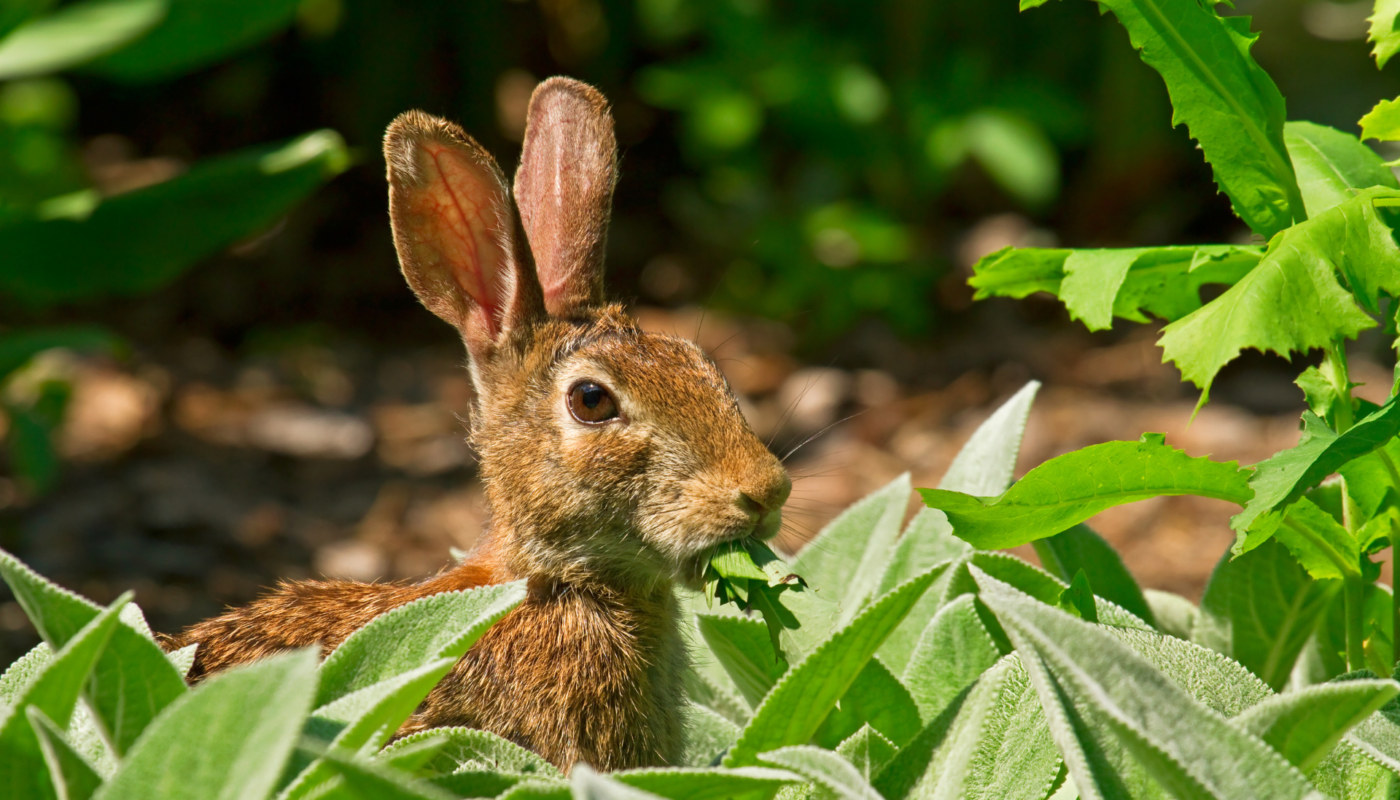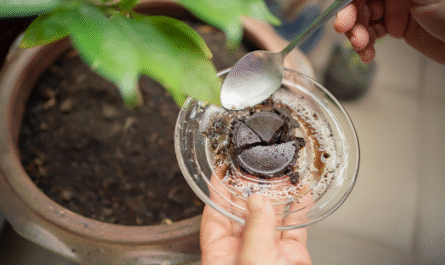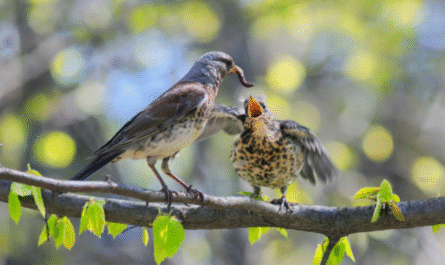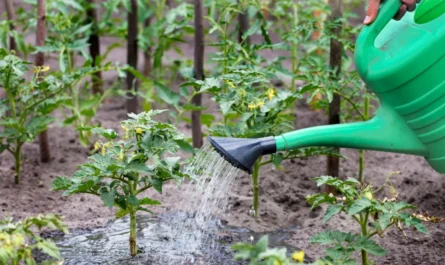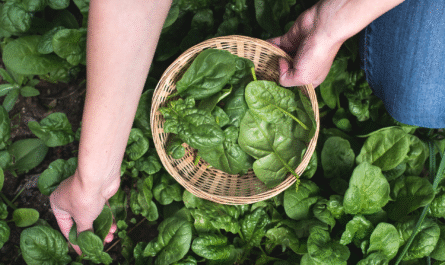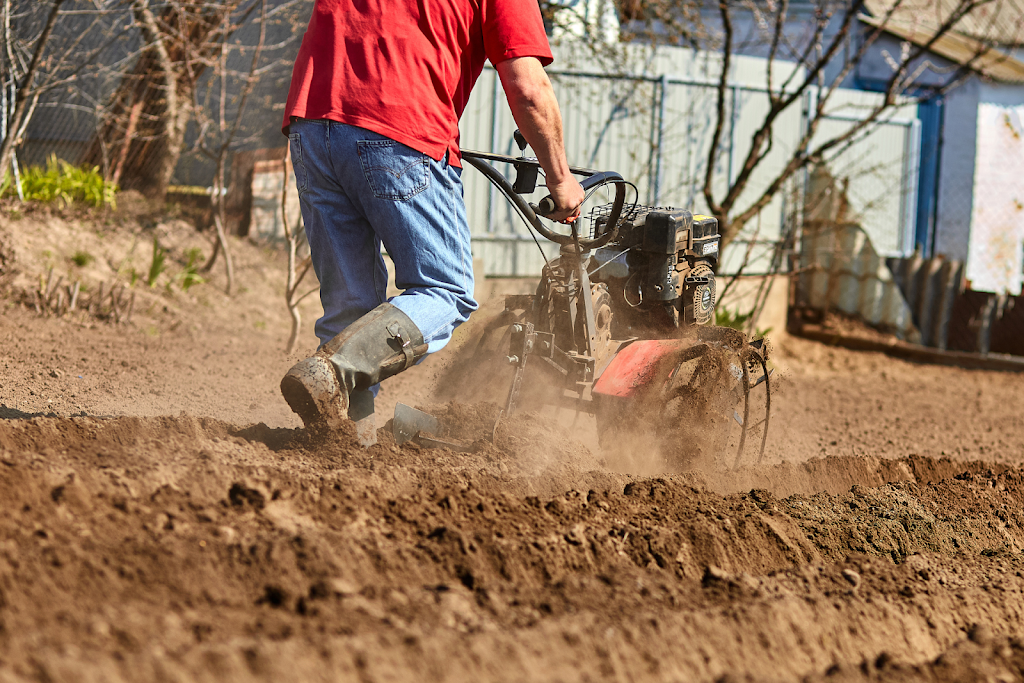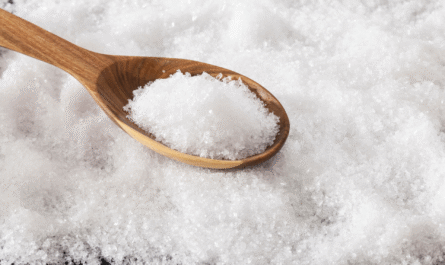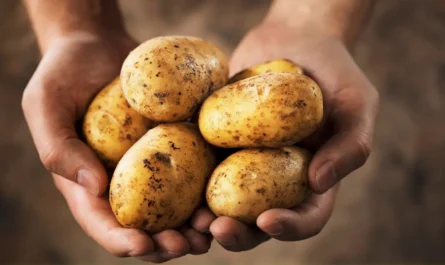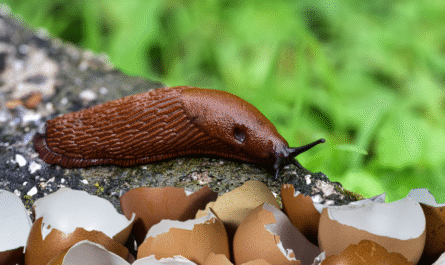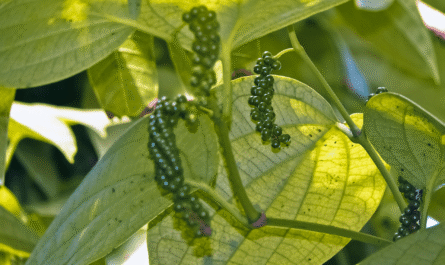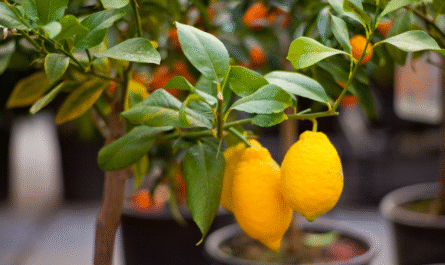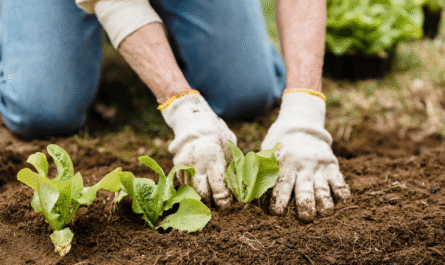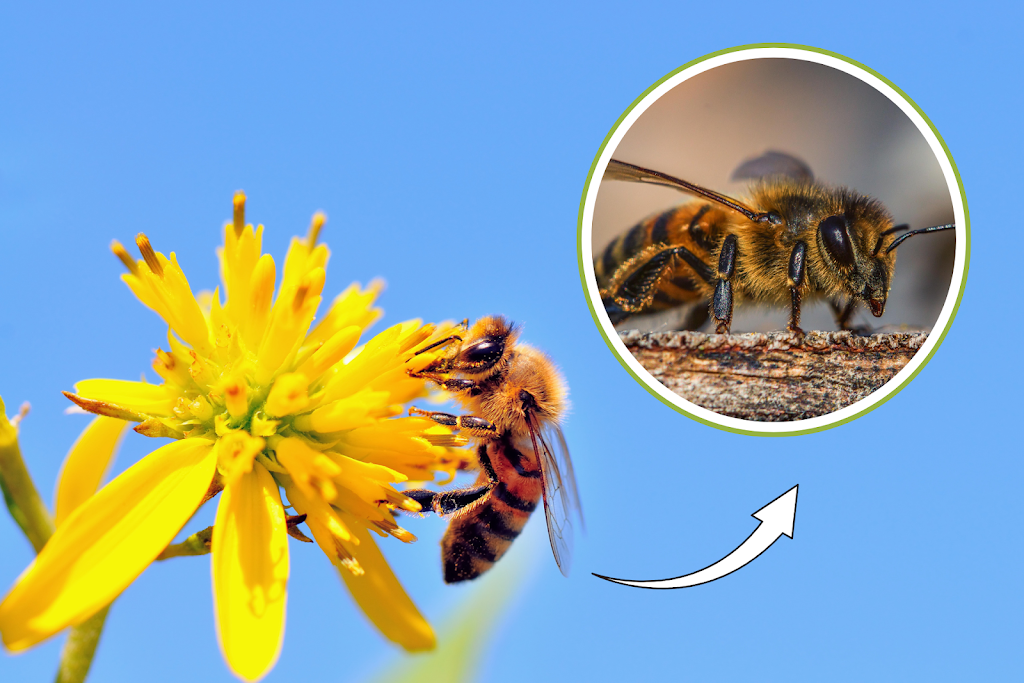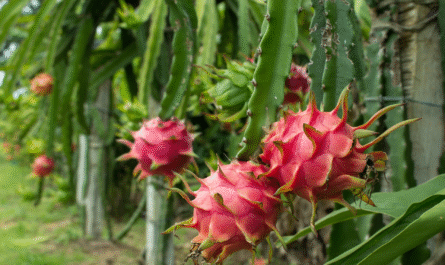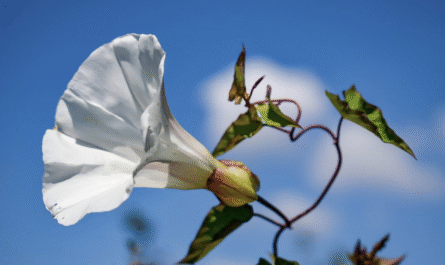Rabbits may be adorable creatures, but for gardeners, they often spell trouble. These furry foragers can decimate a garden overnight, nibbling tender shoots, leafy greens, and young plants to the ground.
If you live in an area with a high rabbit population, choosing plants that naturally deter them is one of the most effective, chemical-free strategies to protect your crops.
Some plants are avoided by rabbits due to their strong odors, bitter tastes, tough textures, or toxic properties.
In this guide, we’ll explore a variety of vegetables and herbs that tend to be more rabbit-resistant while offering practical growing tips for each to help you build a productive, low-maintenance garden.
1. Artichoke (Cynara scolymus)
Artichokes are thistle-like perennials with coarse, silvery-green foliage and large, edible flower buds.
Their tough, spiny leaves are not appetizing to rabbits, making them a great option for perimeter planting or garden borders.
Rabbits are texture-sensitive, and the leathery feel of artichoke leaves often keeps them at bay.
Growing Tips
- Requires full sun and well-drained soil.
- It best grows in zones 7-11; in colder areas, treat it as an annual or overwinter indoors.
- Space plants 3-4 feet apart.
- Mulch heavily to conserve moisture and reduce weeds.
2. Asparagus (Asparagus officinalis)
This long-lived perennial offers tasty spears in spring and feathery foliage in summer. Once matured, asparagus ferns grow tall and dense, which discourages rabbits.
They also emit a subtle scent that some rabbits dislike.
Growing Tips
- Plant in full sun in deeply dug, well-drained soil enriched with compost.
- Asparagus beds can produce for 15+ years.
- Do not harvest spears the first year; allow roots to establish.
- Mulch regularly and keep it weed-free.
3. Tomato (Solanum lycopersicum)
Tomatoes are part of the nightshade family and contain solanine, a compound toxic to many animals, including rabbits.
While some rabbits may take an exploratory nibble at the fruit, they typically avoid the foliage and stems.
Growing Tips
- Requires full sun and nutrient-rich, slightly acidic soil.
- Support with cages or stakes.
- Water at the base to prevent disease.
- Choose disease-resistant varieties for best results.
4. Onions (Allium cepa)
Pungent and layered, onions are strongly scented and chemically unappealing to rabbits. They’re rarely bothered, even in gardens with heavy rabbit traffic. This makes them useful not only as crops but also as deterrent border plants.
Growing Tips
- Thrives in full sun and loose, well-drained soil.
- Plant sets or seeds in early spring.
- Keep soil consistently moist but not soggy.
- Harvest when tops begin to yellow and fall over.
5. Garlic (Allium sativum)
Another member of the Allium family, garlic, offers powerful scent protection for nearby plants.
Rabbits dislike its aroma and taste, making it an effective addition to companion planting schemes.
Growing Tips
- Best planted in the fall for a summer harvest.
- Needs full sun and fertile, well-drained soil.
- Keep beds weed-free to reduce competition.
- Allow garlic to cure in a dry, shady area post-harvest.
6. Leeks (Allium ampeloprasum)
Leeks have a mild onion flavor but share the rabbit-repelling traits of other Alliums.
Their upright, grassy foliage and strong smell are often left untouched, even when other crops are ravaged.
Growing Tips
- Plant in full sun, spacing seedlings 6 inches apart.
- Hill soil around the stems to blanch them as they grow.
- Keep soil moist and rich in organic matter.
- Harvest when stems reach about 1 inch in diameter.
7. Potatoes (Solanum tuberosum)
Like tomatoes, potato plants contain solanine, particularly in their leaves and stems.
Rabbits tend to avoid these parts, although tubers growing near the surface should still be protected with mulch or soil mounding.
Growing Tips
- Plant in loose, well-drained soil after the last frost.
- Mound soil around stems to support growth.
- Keep evenly moist; avoid overwatering.
- Harvest when foliage dies back.
8. Rhubarb (Rheum rhabarbarum)
While humans eat rhubarb stalks, the plant’s leaves are toxic to many animals due to their high oxalic acid content.
This makes rhubarb a naturally rabbit-resistant plant, ideal for gardens in cooler climates.
Growing Tips
- Prefers full sun to partial shade.
- Plant in fertile, well-drained soil.
- Needs a winter dormancy period; it is hardy in zones 3-8.
- Avoid harvesting in the first year to let roots establish.
9. Summer Squash (Cucurbita pepo)
Zucchini and other summer squash varieties produce hairy stems and coarse leaves that rabbits typically avoid.
As the plants mature, their large size also helps shield more vulnerable crops.
Growing Tips
- Needs full sun and rich, well-drained soil.
- Direct sow after the last frost.
- Water regularly and mulch to retain moisture.
- Harvest often to promote continued production.
10. Cucumber (Cucumis sativus)
Cucumbers have a slightly bitter taste and bristly skin when young, which can be unappealing to rabbits.
Vining types grown on trellises are especially good for minimizing contact with ground pests.
Growing Tips
- Requires full sun and warm temperatures.
- Prefers loamy, slightly acidic soil.
- Provide trellises or cages to save space.
- Keep soil consistently moist.
11. Peppers (Capsicum spp.)
Rabbits usually avoid both sweet and hot peppers, especially the latter due to capsaicin, which causes a burning sensation.
As the plants grow larger, they become even less attractive to nibblers.
Growing Tips
- Start seeds indoors and transplant after frost.
- Needs full sun and well-drained, loamy soil.
- Stake if fruit becomes heavy.
- Harvest regularly for best yield.
12. Eggplant (Solanum melongena)
Eggplants also contain solanine, and their fuzzy leaves add another layer of defense. Most rabbits steer clear of these plants, especially once they begin flowering and fruiting.
Growing Tips
- Warm-season crop; needs full sun.
- Start indoors and transplant outside after danger of frost.
- Use mulch to maintain even soil moisture.
- Harvest the fruit when it is glossy and firm.
Herbs that Repel Rabbits
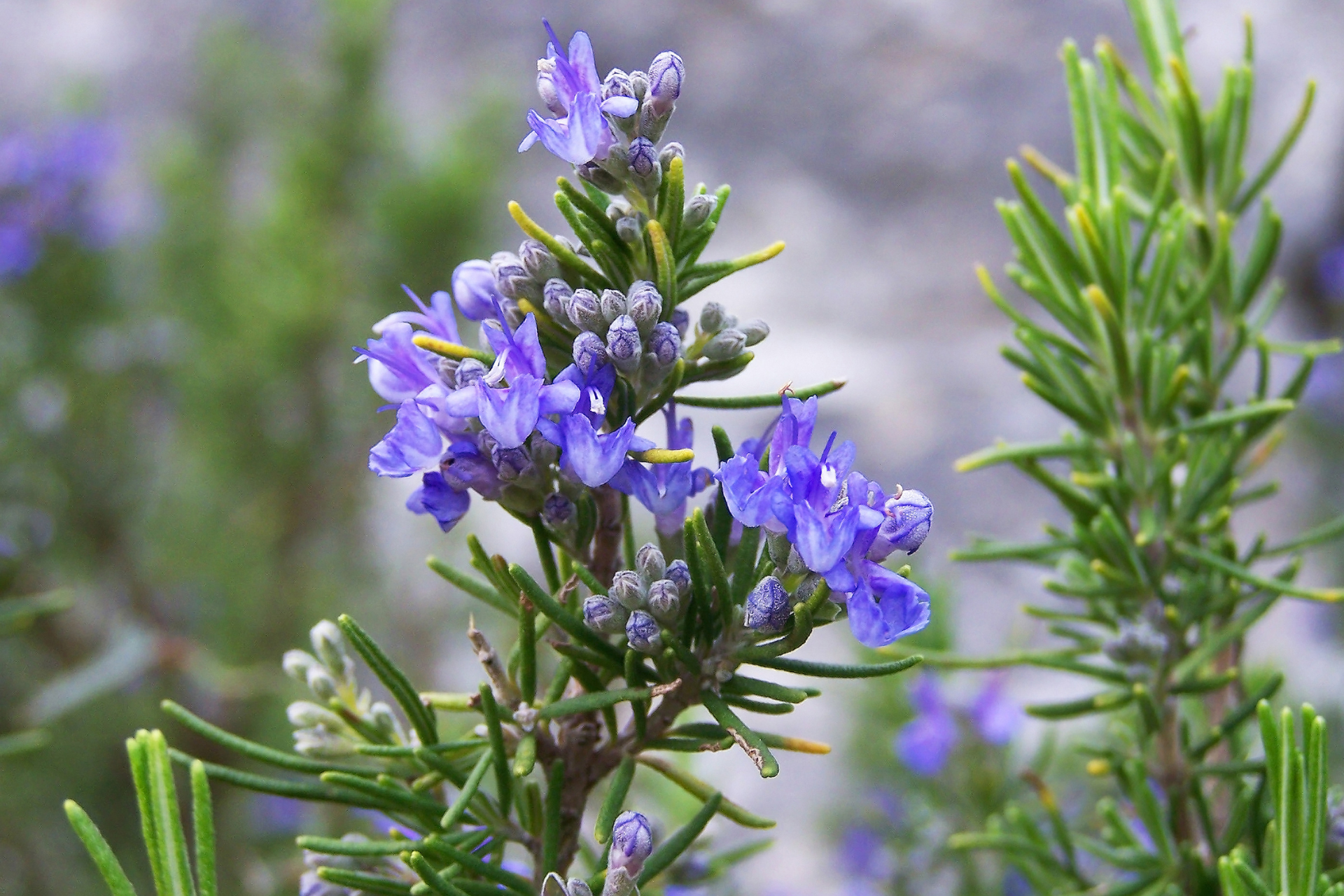
Certain aromatic herbs are well-known for their rabbit-repelling qualities. Here are some of the most effective:
- Rosemary: Woody perennial with a strong, pine-like scent. Great for borders.
- Sage: Velvety leaves and intense aroma deter rabbits. Grows well in dry soil.
- Thyme: A low-growing herb ideal for edging beds.
- Oregano: Spreading habit and sharp smell discourage pests.
- Lavender: Though not edible in large amounts, it’s beautiful, fragrant and deters many animals.
- Mint: Highly aromatic and often avoided. Best grown in containers to prevent spreading.
Growing Tips for Herbs
- Most herbs prefer full sun and well-drained soil.
- Prune regularly to maintain shape and encourage new growth.
- Use in companion planting to protect vulnerable vegetables.
Designing a Rabbit-Resistant Garden
To maximize protection, think strategically:
- Plant deterrents around the perimeter: Use garlic, onions, or lavender as a natural barrier.
- Use raised beds or containers: Elevating plants makes access harder for rabbits.
- Incorporate fencing: A 2-foot high chicken wire fence buried 6 inches underground can block most rabbits.
- Remove hiding spots: Trim tall grass and clear debris where rabbits might nest.
- Rotate crops: Change planting locations yearly to prevent pest build-up.
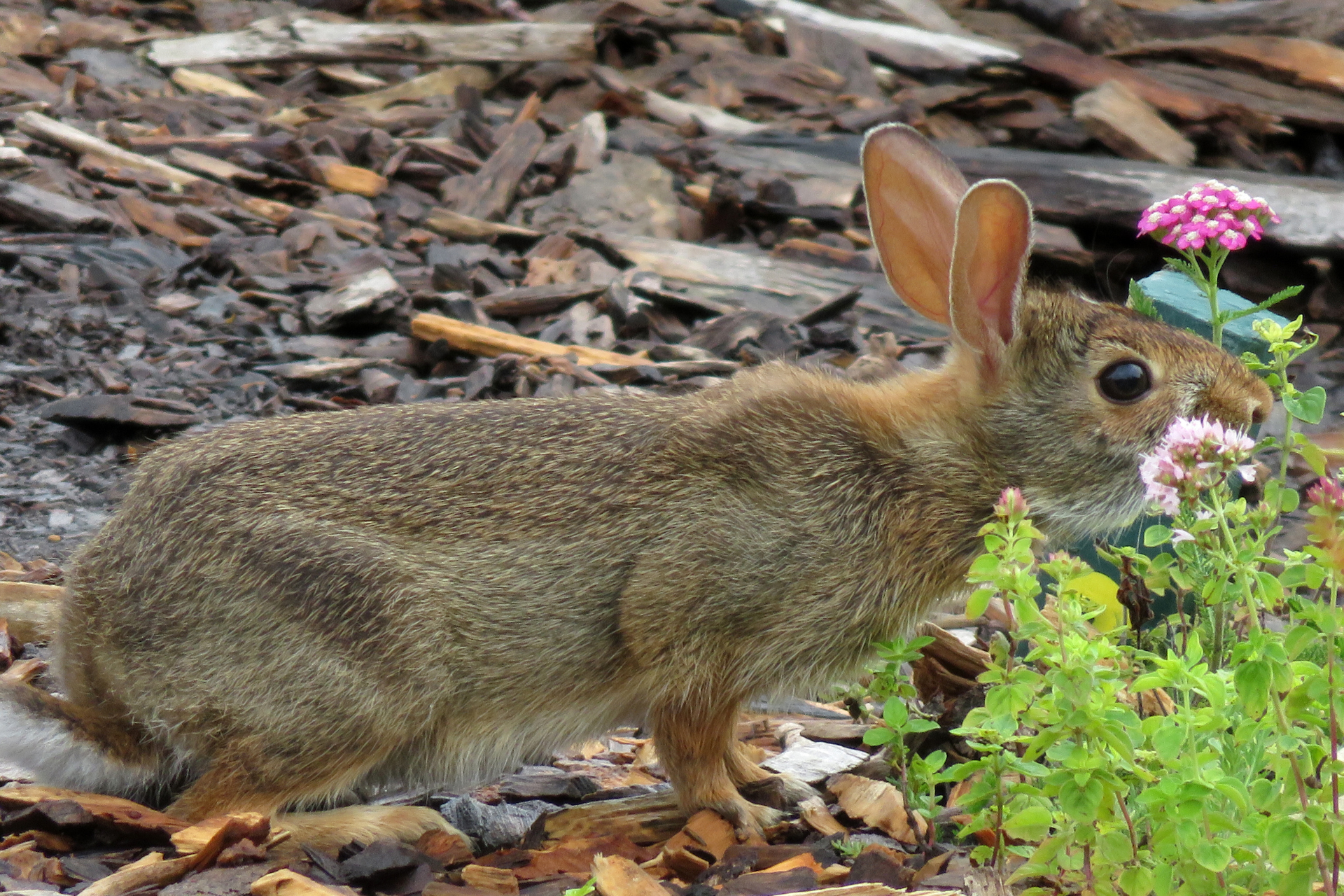
Final Thoughts
No plant is entirely rabbit-proof. Hunger or lack of food options can drive rabbits to sample almost anything.
But the vegetables and herbs listed above have proven to be consistently low on their list of favorites.
By combining smart crop choices with physical barriers and garden design tactics, you can greatly reduce rabbit damage and enjoy a more fruitful gardening season.
Whether you’re growing food for your family, selling at farmers’ markets, or just keeping a backyard garden, selecting rabbit-resistant crops is a practical way to save time, money, and frustration.
And with a little planning, your garden can be both productive and peaceful—without the constant worry of overnight raids.

